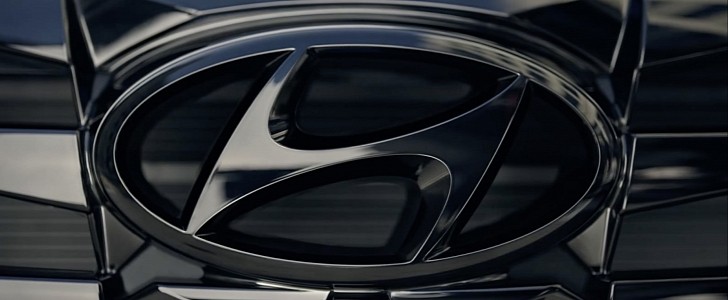The chip shortage was, is, and will continue to be a major pain in the neck for carmakers across the world, as the constrained inventory has forced most of them to temporarily stop production and ship cars without certain non-critical systems.
As a result, the waiting times for a new car have increased to ridiculous levels lately, with some customers being told their models wouldn’t arrive earlier than the summer of 2023.
That’s more than a year of waiting for a new car, so it’s pretty clear the chip shortage has wreaked havoc in the auto industry.
And yet, here’s Hyundai, the South Korean company that somehow managed to defy the chip shortage last month with unexpected results.
Hyundai managed to increase its sales in August by no less than 12 percent as compared to the same month a year ago, as the company shipped close to 335,000 vehicles (up from a little over 300,000 units in the same period in 2021).
Kia also recorded a 10 percent growth, with nearly 240,000 units sold in August.
While these numbers are obviously good news for Hyundai in particular, especially as the company has a 2022 target of 4.32 million units, they also prove to the automotive industry that defying the chip shortage is still possible, even in the current difficult conditions.
Hyundai is, in many ways, the superhero the car world needs right now, especially as many companies are still announcing temporary factory closures due to the disruptions caused by the chip shortage. The South Koreans are even more ambitious and believe they can do better in the second half of the year, as they anticipate the launch of the IONIQ 6 could help boost sales.
However, there’s no doubt this debut is going to be a big challenge even for Hyundai itself, as an all-electric model requires even more chips, therefore making it harder to keep the production going with such a volatile chip inventory.
That’s more than a year of waiting for a new car, so it’s pretty clear the chip shortage has wreaked havoc in the auto industry.
And yet, here’s Hyundai, the South Korean company that somehow managed to defy the chip shortage last month with unexpected results.
Hyundai managed to increase its sales in August by no less than 12 percent as compared to the same month a year ago, as the company shipped close to 335,000 vehicles (up from a little over 300,000 units in the same period in 2021).
Kia also recorded a 10 percent growth, with nearly 240,000 units sold in August.
While these numbers are obviously good news for Hyundai in particular, especially as the company has a 2022 target of 4.32 million units, they also prove to the automotive industry that defying the chip shortage is still possible, even in the current difficult conditions.
Hyundai is, in many ways, the superhero the car world needs right now, especially as many companies are still announcing temporary factory closures due to the disruptions caused by the chip shortage. The South Koreans are even more ambitious and believe they can do better in the second half of the year, as they anticipate the launch of the IONIQ 6 could help boost sales.
However, there’s no doubt this debut is going to be a big challenge even for Hyundai itself, as an all-electric model requires even more chips, therefore making it harder to keep the production going with such a volatile chip inventory.










